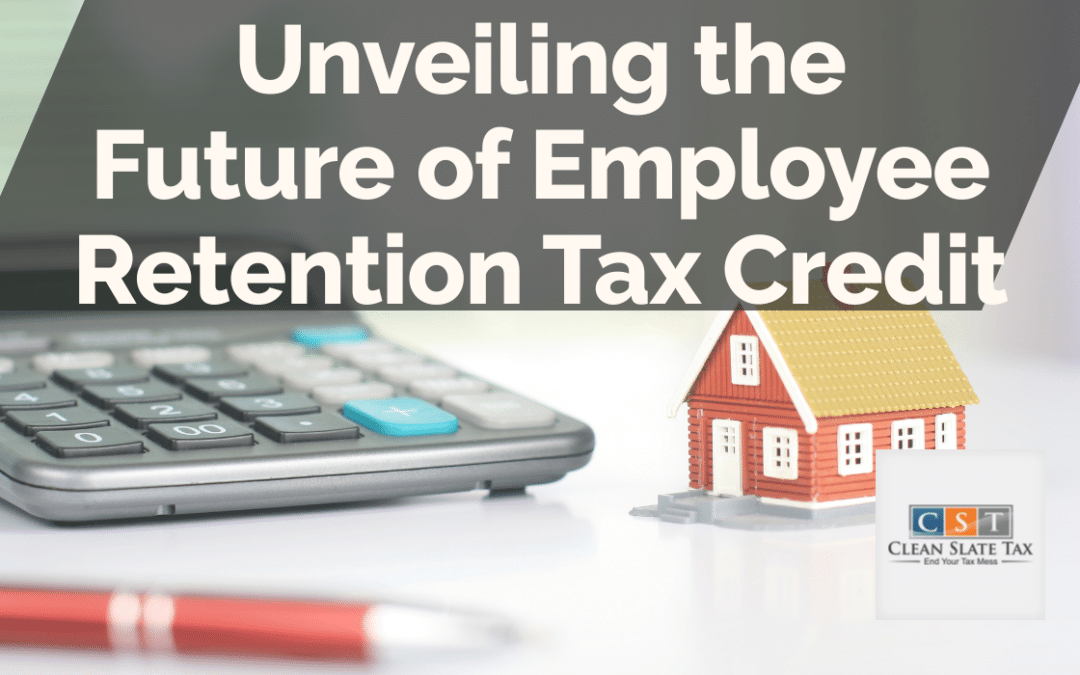The Employee Retention Tax Credit (ERTC) is a forward-thinking governmental initiative designed to incentivize businesses in retaining employees during challenging economic times. ERTC, like numerous other regulations, involves constant changes and adjustments in accordance with the economic landscape. In this piece, we will dissect the future prospects of ERTC, exploring its potential twists and turns.
What is the Employee Retention Tax Credit (ERTC)?
The ERTC is a refundable tax credit against specific employment taxes. This credit was birthed as part of the CARES Act, stimulated by the economic disruptions caused by COVID-19. It serves as a linchpin for employers to keep their employees on payroll during financially volatile periods.
Is there a Future for ERTC?
While the ERTC was first propagated as a temporary measure to cushion the economy, the question arises – is there a future for the ERTC? Many experts suggest that the ERTC holds significant potential and might continue in one form or another given the unpredictability of the economic environment.
Speculations for New Amendments
There is widespread speculation that the terms of ERTC would be constantly refurbished to better align with the evolving business frameworks. The amends could range from an advancement in the applicable gross receipts test to a variation in qualifying wages, depending on the economic pulse.
Benefits of Continued ERTC
-
Smoothens the Economic Ride: Even post-pandemic, many businesses are grappling with shaky financial grounds. The ERTC aids in lighting the financial burden, thereby ensuring smoother economic transitions.
-
Saves Jobs: In the event of economic instability, employment often takes a substantial hit. The ERTC initiatives incentivize business owners and protect the workforce from large-scale unemployment.
Possible Drawbacks
-
Increased Dependency: Overdependence on ERTC could potentially deter organizations from diversifying their financial safety strategies.
-
Diligence in Claiming Credits: Businesses must be diligent in their documentation to avoid overstating the amount of qualified wages, thus avoiding any potential conflicts with the IRS.
Frequently Asked Questions (FAQs)
What businesses qualify for ERTC?
Eligibility for the ERTC is largely dependent on the specific provisions of the law at the time of claim. Usually, businesses that have faced partial or complete suspension due to governmental orders qualify.
Are there any penalties for false ERTC claims?
Yes, false claims could potentially result in penalties. Hence, correct documentation and understanding of the provisions is crucial.
In the end, while the future of the ERTC holds a rainbow of possibilities, it’s safe to say this legislation has substantively supported businesses during tough times. Only time can unveil the various shapes the ERTC may undertake as it continues to adapt and evolve in response to our dynamic economic environment.





